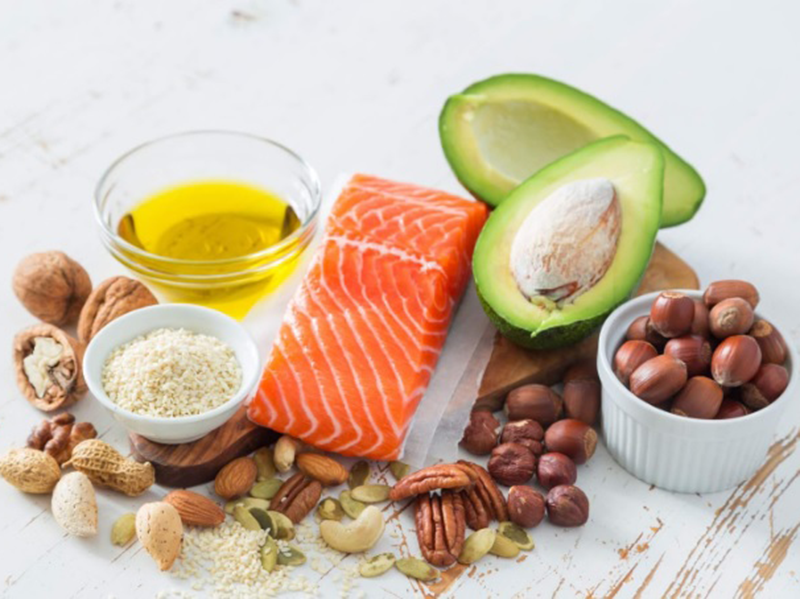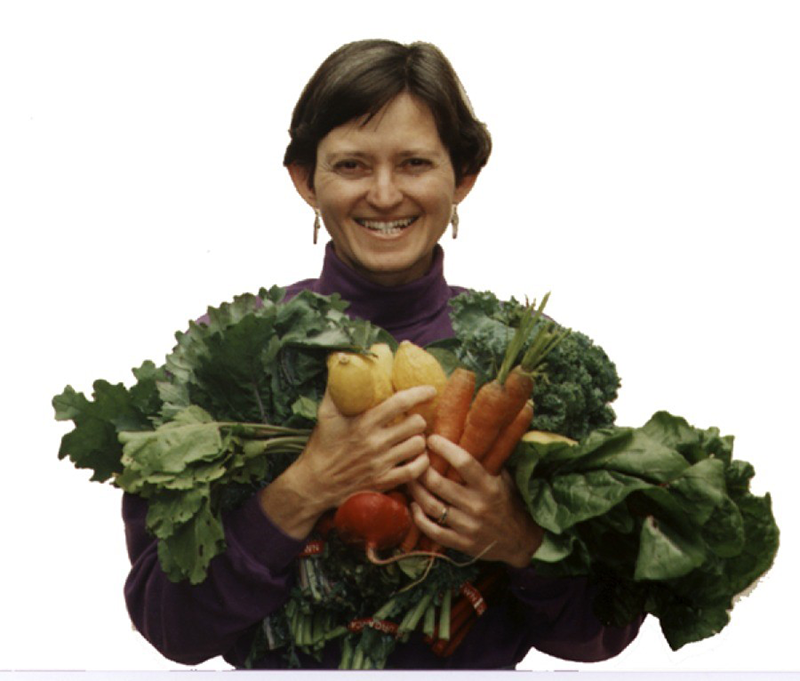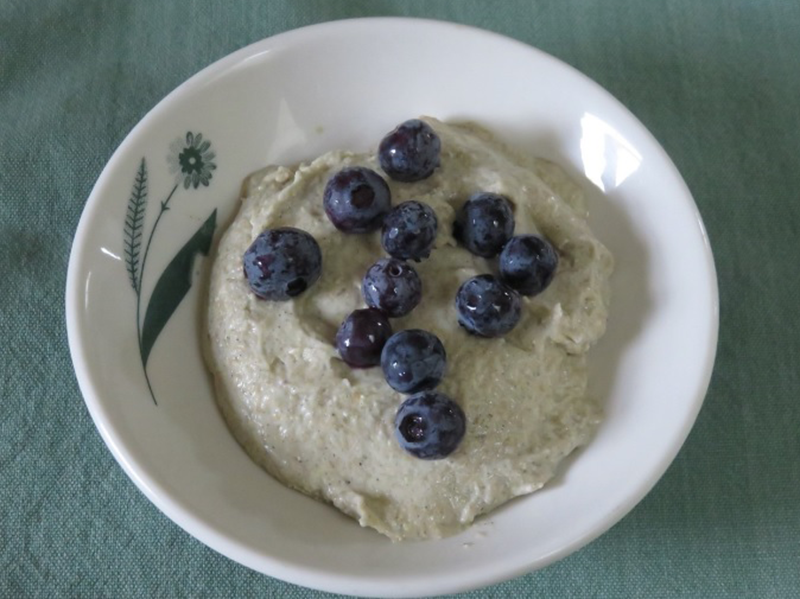

Are you confused about fats?
Should we avoid them all? Is butter really better? What is trans-fat? Will eating eggs increase my risk of heart attack?
Are you seeing conflicting and contradictory information on social media and on television? Have you noticed that foods like eggs that were considered healthy last year are unhealthy this year, and vice versa? Is red meat really bad for us?
Find the facts about fats and how to choose the best quality sources with Laura Knoff, B.Sc., Nutrition Consultant and instructor in our Nutrition Consultant Program by reading the article below.
Discover which foods have the good fats we need and how to avoid bad fats that can harm our health. There are even ugly man-made fats that can upset our digestion and become a contributor to ill health.
High quality natural fats are:
- found in whole foods such as olive oil, avocado, eggs, full fat dairy, fish, meat, nuts and seeds
- needed to satisfy hunger by acting as a signal that nourishment has been attained
- helps distribute flavors in a food
- a concentrated source of energy
- part of all our cell membranes
- used to insulate nerves
- 60% of your brain
- used to regulate body temperature
- used to pad your internal organs
- needed to make hormones
- needed to digest, absorb and store fat soluble vitamins such as vitamins A, D, E, and K
- needed to balance inflammation and reduce pain
- essential to health in many ways
Learn more about Laura and our other amazing instructors by visiting our faculty page.
Here is a natural sweet treat that contains satisfying essential fats and fiber.
Coconut Flax Pudding

This recipe makes about 10 one quarter cup servings. Each 1/4 cup has approximately 97 calories, 1.6 g protein, 9.1 g fat including 1.9 g omega 3 fat, 3.9 g carbohydrate, and 2.6 g fiber.
INGREDIENTS
- 1 can (13.5) oz coconut milk. Natural Value, Native Forest Simple, or Hawaiian Sun (frozen) are brands that do not contain thickeners (such as guar gum) or preservatives
- 1/2 – 3/4 cup ground flax seeds
- 1/2- 3/4 teaspoon cardamom powder
- 1/4 teaspoon stevia green leaf powder (not stevia extract)
INSTRUCTIONS
- In a blender freshly grind the flax seeds into a fine powder.
- Add the spices and stevia powder.
- With the blender on low slowly add the coconut milk.
- Blend all together thoroughly, pour into individual serving bowls.
- Refrigerate 4 hours to overnight and garnish with fresh or frozen organic blueberries prior to serving.
Nutrition Information
Coconut Milk contains medium chain fatty acids including lauric acid, which are not stored in the body and can provide energy on the cellular level. Lauric acid is also found in mother’s milk and is converted in the body to monolaurin, an anti-viral, anti-fungal and anti-microbial compound. It helps strengthen the immune system. The saturated fat in coconut has been falsely accused of raising cholesterol, primarily by the soy oil producers. (Enig 2000)
Flax Seeds soothe the digestive tract and support regularity and a healthy microbiome. Fifty-seven percent of the fat in flax seeds consists of omega 3 fatty acids, which are needed for the body to help reduce inflammation. Flax seeds also contain lignins, which help the liver detoxify excess estrogen. Flax benefits the cardiovascular and immune systems and helps to alleviate rheumatoid arthritis. (Goyal, et al 2016)
Stevia is a South American herb that has been used for thousands of years and is 100 times sweeter than sugar. Since so little is needed, it adds virtually no calories to a recipe, unlike sugar or honey. Stevia is an anti-fungal herb and can be used by those who have candida overgrowth. The taste, (and therefore the nutritional quality), of the powdered green leaf is preferred over the extract. The extract (a clear liquid or white powder) has a bitter aftertaste for most people. Adding cardamom or other spices helps improve the taste.
References
Enig, Mary G., Debunking the PC Rhetoric from the Merchants of Fat; 2000 Nov 17.
Goyal A, Sharma V, Upadhyay N, Gill S, Sihag M. Flax and flaxseed oil: an ancient medicine & modern functional food. J Food Sci Technol. 2014 Sep;51(9):1633-53. doi: 10.1007/s13197-013-1247-9. Epub 2014 Jan 10. PMID: 25190822; PMCID: PMC4152533.
Have Work You Love
Get the details on how to become a Holistic Chef or Nutrition Consultant through Bauman College’s ONLINE programs! Contact us to connect with an Admissions Representative today.